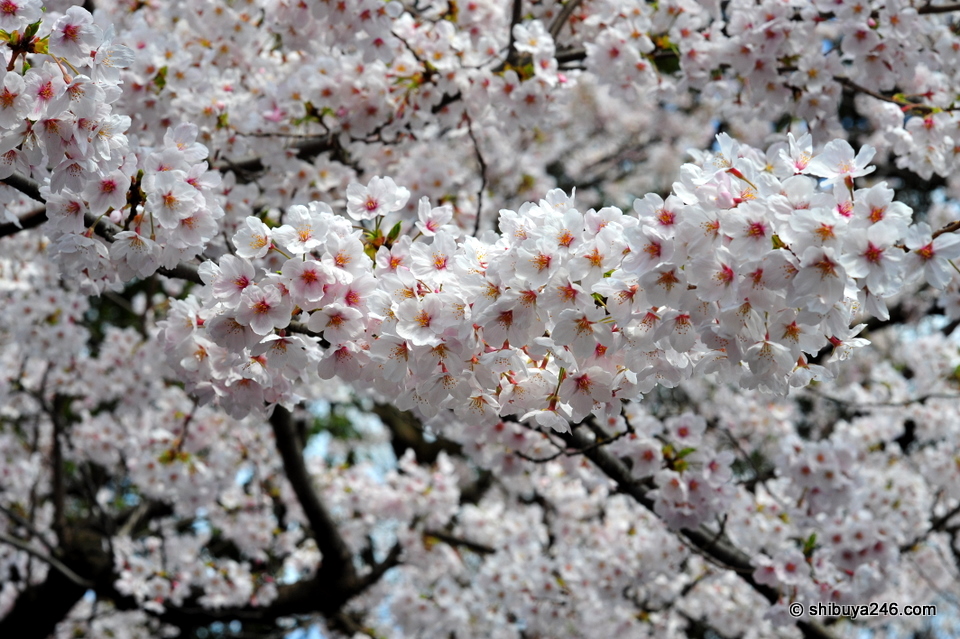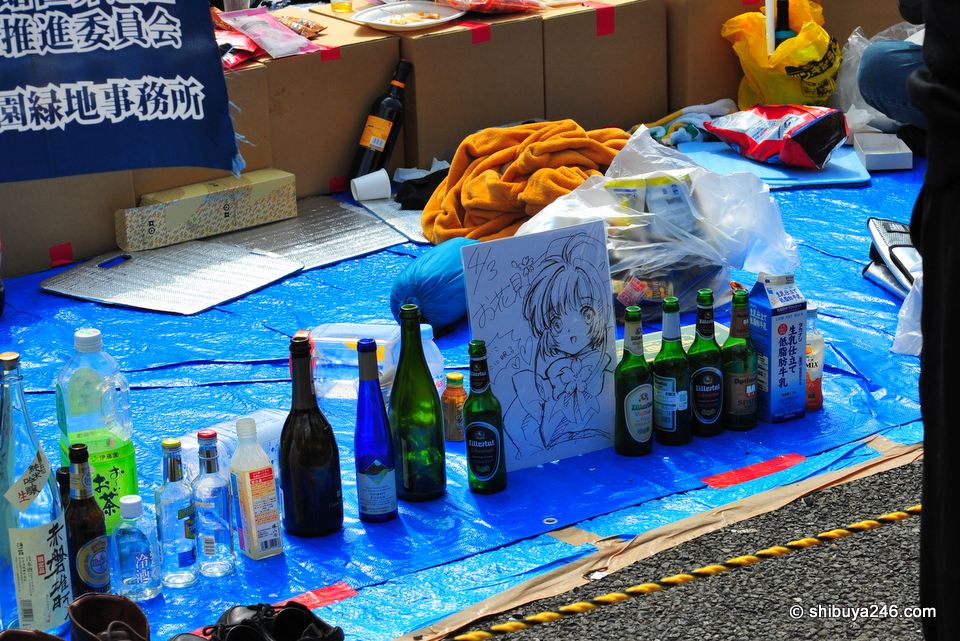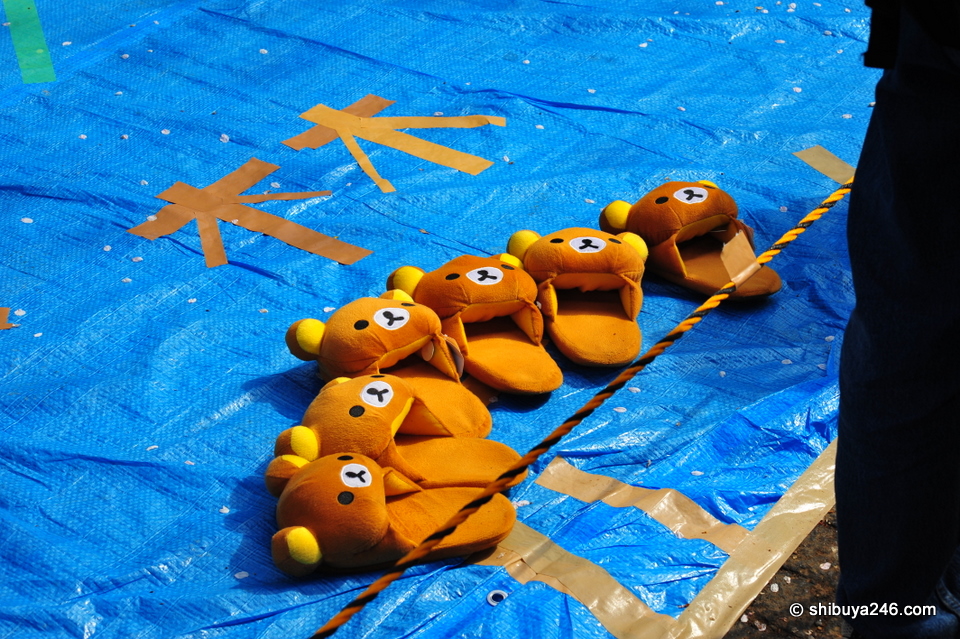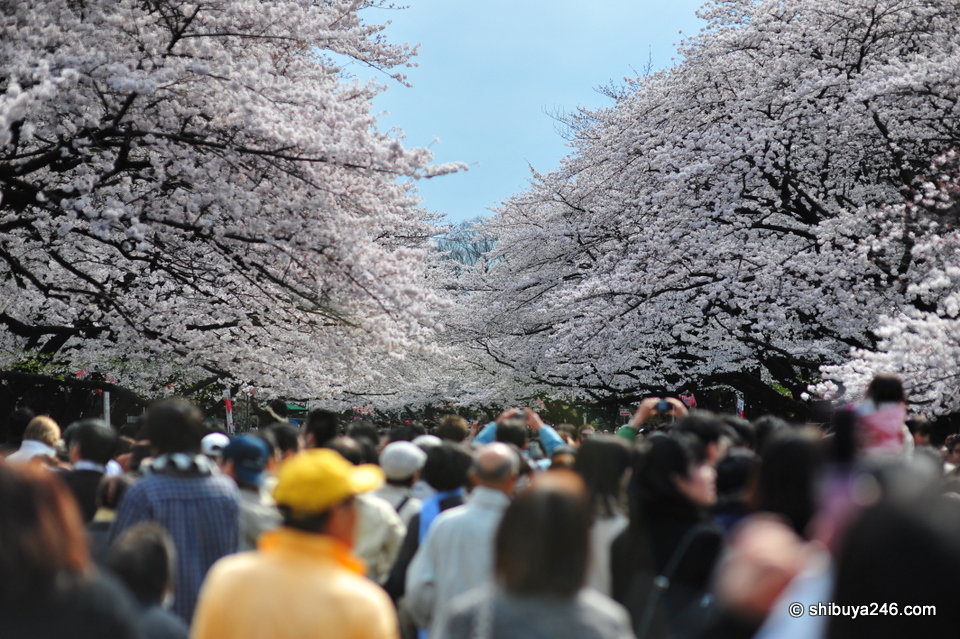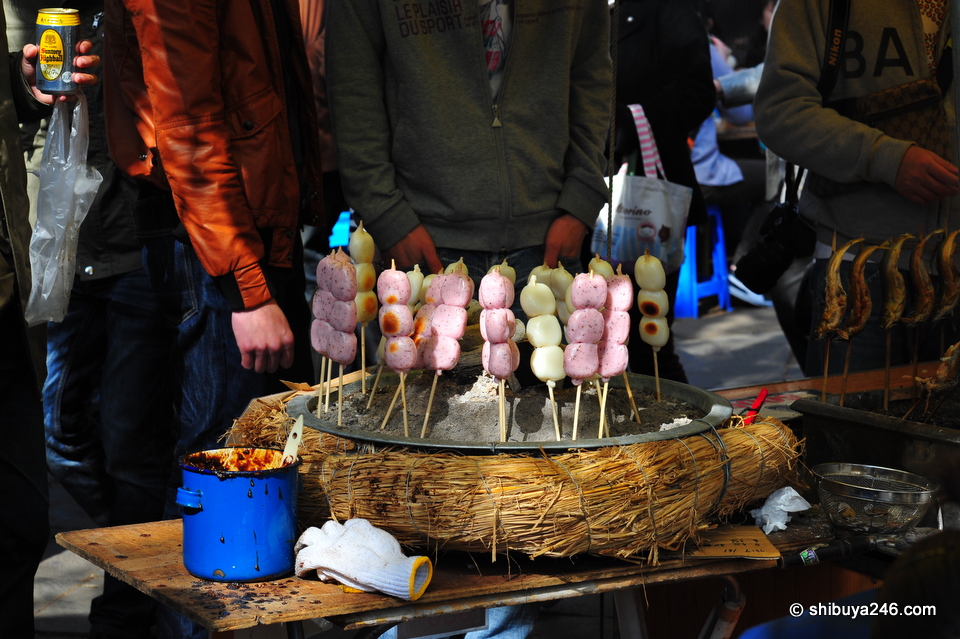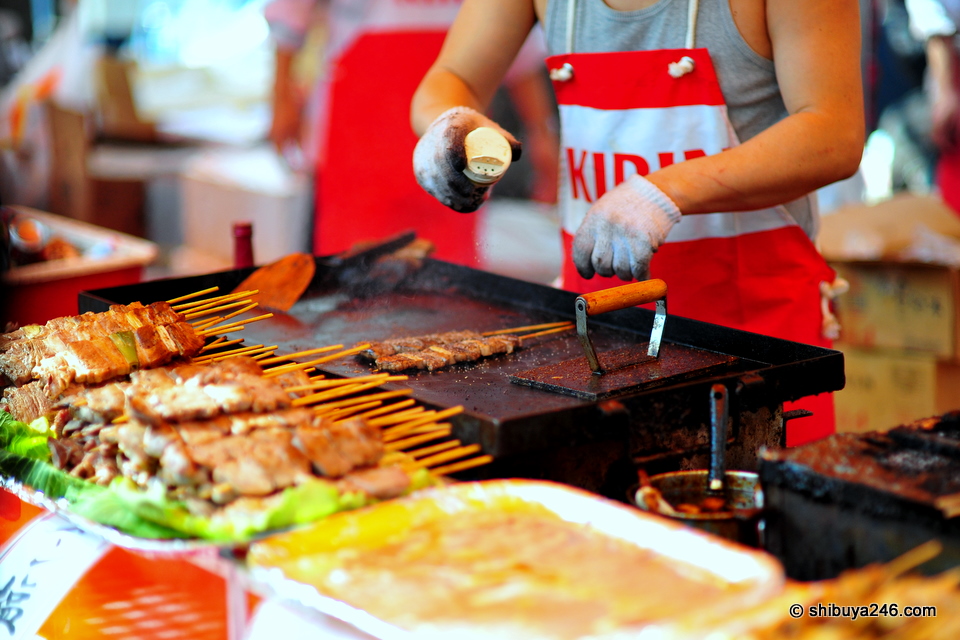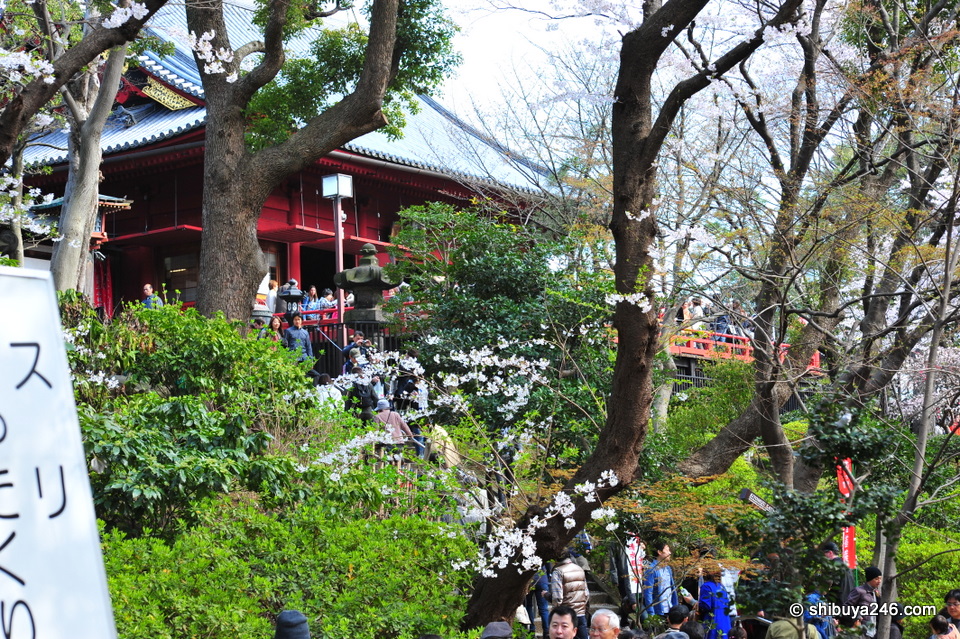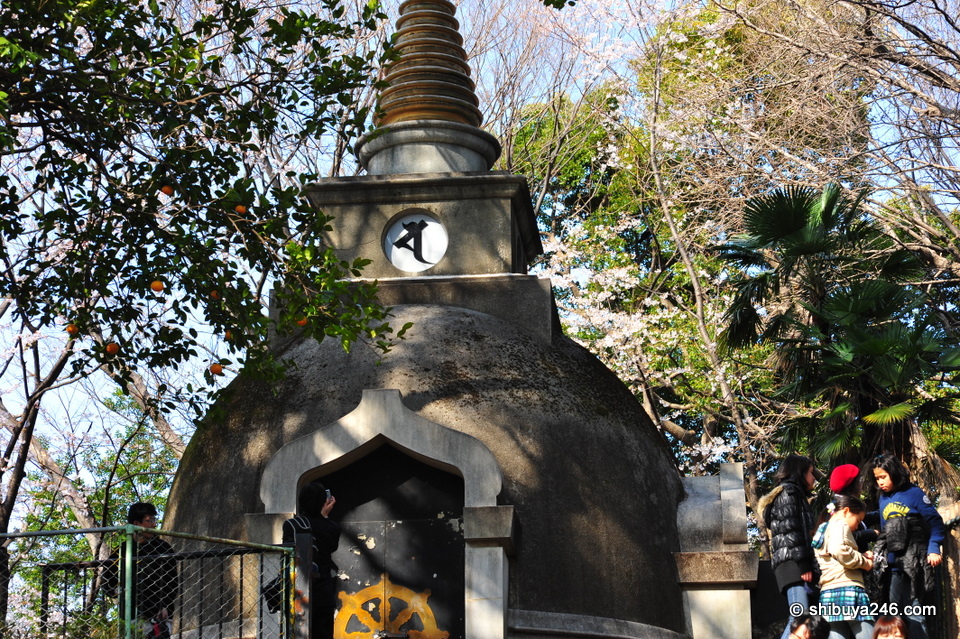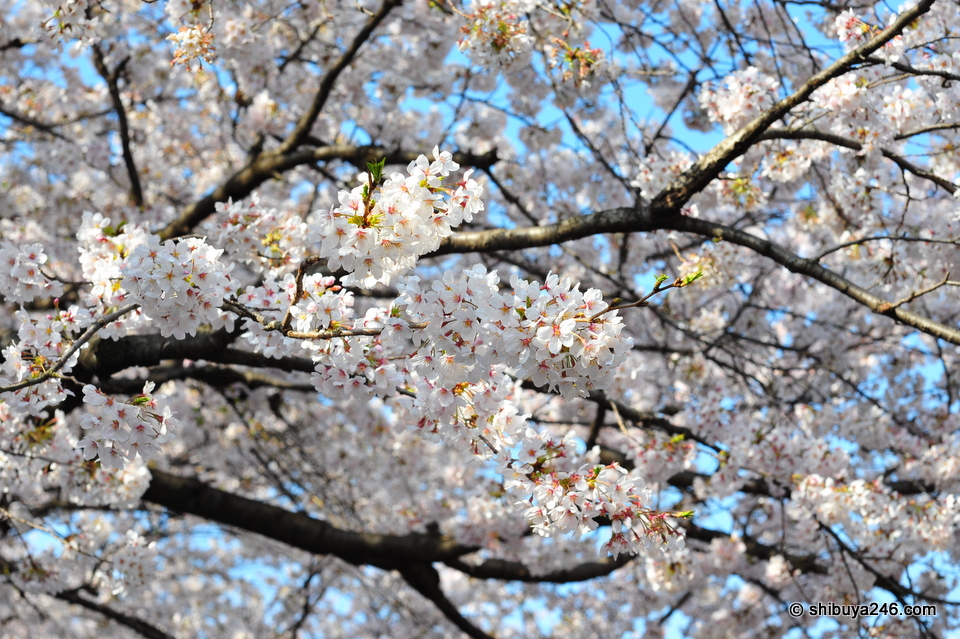miércoles, 9 de junio de 2010
The best films of the '00s

Baz Luhrmann’s candy-colored musical is all about ridiculously joyous fusions: squeezing popular songs into energetic mash-ups and illustrating the whole thing with vivid colors and a CGI wonderland, he creates a world that rarely looks remotely real, and is never really meant to. He recreates the traditional romantic melodrama and the traditional musical by recognizing and heightening the artifice in both, going for big, swooning moments and equally big, flashy setpieces. His leads, Nicole Kidman and Ewan McGregor, play the conceit to the hilt as a poor writer and a famed courtesan who fall in love—the kind of love that seems like it should be written in flashing red capital letters—and villain Richard Roxburgh and his ambitious foil Jim Broadbent similarly give it their all in roles calculated more for comic effect than drama. And yet the love story, so unashamedly broad in its execution, actually winds up being fairly touching, perhaps because it’s so shameless. Still, those who aren’t touched still get to enjoy the sheer gleeful spectacle of the thing, particularly as the crazed Roxburgh chases the squealing Broadbent around the room in a campy, gloriously ridiculous take on Madonna’s “Like A Virgin.”
39. The Prestige (2006)

Christopher and Jonathan Nolan’s adaptation of Christopher Priest’s novel The Prestige is a movie about magic that features a piece of misdirection so sly that many viewers miss it. Christian Bale and Hugh Jackman play rival magicians in Victorian London. Bale’s the solemn perfectionist, Jackman the ambitious, curious type always looking for shortcuts. One man’s secret becomes so obvious so early that some may feel disappointed (or smug) about predicting the twist, but while the Nolans hold the promise of superficial revelations in front of viewers’ eyes, they’re hiding something deeper and darker. Like Memento and The Dark Knight (and Insomnia and Following, for that matter), The Prestige is partly about the fragmentation of self, whether it be a division so severe that a magician’s assistant can’t be sure which knot he’s tied from performance to performance, or a division so subtle that a man can’t tell who he really is. (Words to live by: “They’re all your hats.”) But The Prestige is also about the role technology plays in our alienation, as science makes possible feats that were charming as magic tricks, but horrific as reality. And so here we are, whether we like it or not: the transported man.
31. In The Mood For Love (2000)

The semi-improvisational style of director Wong Kar-wai has often been likened to jazz, as he builds film universes out of colorful riffs and repetition, and intuitive, on-the-fly cinematography that captures small moments out of time. With In The Mood For Love, his breathtaking tale of unrequited love in ‘60s Hong Kong, Wong’s style perfectly captures the push and pull between the passion of would-be lovers and the strictures that ultimately keep their relationship from flowering. Tony Leung and Maggie Cheung, two of the world’s most glamorous stars, have unforgettable romantic chemistry as lonelyhearts whose spouses are cheating on them, but they refuse to do likewise. The whole movie unfolds like a bittersweet memory, with a rich nocturnal atmosphere and a gorgeous soundtrack that expresses in sound and image the feelings they cannot act upon.
5. Memento (2000)
Here’s how to tell that a movie is innovative and watertight: Seen nearly a decade after release, Memento still feels experimental and daring, and it still holds up as a viewing experience. Director Christopher Nolan, working from a story by his brother Jonathan (later to be his writing partner on The Prestige and The Dark Knight), tells the story backward, starting with a killing that makes no sense out of context, then moving back through time to establish why that initial/final murder happened, and what it means in a tragic larger context. Along the way, he reveals a lot about protagonist Guy Pearce, a man with a baffling memory condition that opens him up to monstrous errors in judgment—and yet the exposition is so deftly handled that it never feels forced, in the usual Hollywood “people telling each other what they already know” way. In spite of its audacious structure, Memento manages to reveal its backstory more organically and smoothly than most linear films do. On top of that, the small cast is fantastic, the mystery is genuinely compelling, and Memento gave us one of the most outrageously funniest film moments of the decade, summed up with the lines “Okay, so what am I doing? Oh, I’m chasing this guy? [One gunshot later…] No, he’s chasing me.”
1. Eternal Sunshine Of The Spotless Mind (2004)
A film is many things, among them a defiance of mortality and a hedge against the fading of memory. All films—from the best to the worst—say something about the way we thought and acted and felt at a particular time and in a particular place. But they’re also artful lies, constructed realities that bend the world into a shape guided by the obsessions of those who make them. (Or the commercial interests of the marketplace, or a momentary whim.)
In this, they’re much like memories, which act more subjectively and self-servingly than any film. Painful rejections get blurred. Estranged friends fall victim to careless erasures. We can’t remake the past, but we constantly try to make it a place in which we’re more comfortable living.
The Michel Gondry-directed, Charlie Kaufman-scripted (from a story by Kaufman, Gondry, and Pierre Bismuth) Eternal Sunshine Of The Spotless Mind takes this process to an absurd, moving extreme by positing a world in which technology facilitates our ability to smooth out our past, eliding over the events that hurt us, and removing the people who did the hurting. It’s a freedom that comes, as the leads played by Kate Winslet and a never-better Jim Carrey discover, at a considerable cost.
Though Kaufman is hardly a purely cerebral writer, his philosophical inquiries find an added emotional weight under Gondry’s direction. Portraying the fading and flaring of love in gargantuan bookstores and on railway lines, Gondry captures a moment that’s quintessentially of the 21st century, and yet timeless. In 2000, the calendar rolled over to a new millennium. With it came a symbolic break with the past, but our old passions and conflicts reasserted themselves seemingly at the stroke of midnight. So it is with Eternal Sunshine’s lovers, whose circular path brings them back together for an ending that’s ambiguous but guardedly hopeful about the possibility of a future not necessarily doomed to reprise the hurt of the past, though it also may well revisit the same mistakes. It’s the rare film that shows us who we are now and who we’re likely, for better or worse, forever to be.

 Loading image comments...
Loading image comments...